Renting out your house in this market?
gingerjenny
11 years ago
Related Stories

DREAM SPACES7 Supermodel Homes and Why Creatives Rent Them
What makes a setting right for fashion and advertising shoots? Find out here
Full Story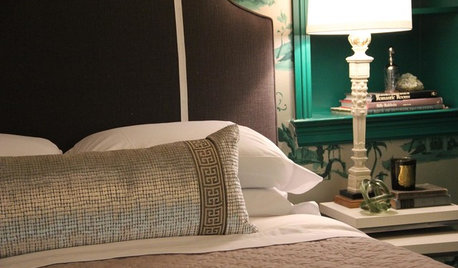
HOME INNOVATIONSConsidering Renting to Vacationers? Read This First
More people are redesigning their homes for the short-term-rental boom. Here are 3 examples — and what to consider before joining in
Full Story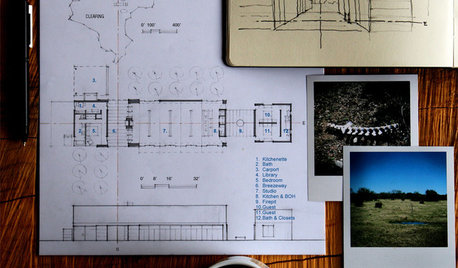
ARCHITECTUREDesign Practice: The Basics of Marketing Your Business
Pro to pro: Attract clients and get paying work by drawing attention to your brand in the right places
Full Story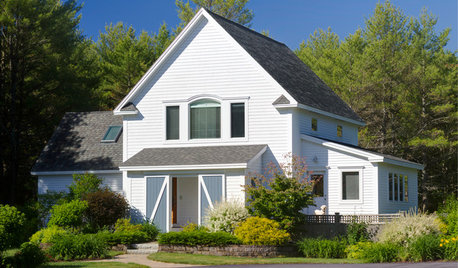
MOVINGTips for Winning a Bidding War in a Hot Home Market
Cash isn’t always king in a bidding war. Get the home you want without blowing your budget, using these Realtor-tested strategies
Full Story
DECORATING GUIDESWhat to Look for at the Flea Market Now
Find a Great Old Clock, Camera, Portrait, Chair or Globe and It's Your Lucky Day
Full Story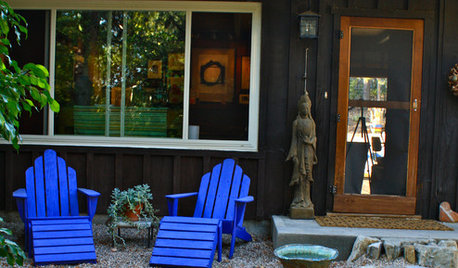
HOUZZ TOURSMy Houzz: Eclectic, Artistic Rented House in Ojai
Original artwork, vintage furniture and vivid colors saturate a designer's quirky Southern California space. And wait 'til you see the swing
Full Story
RUGSFlea Market Find: Vintage Kilim Rugs
These popular floor coverings work well in every room of the house
Full Story
HOUZZ TVHouzz TV: Goodbye, Skyrocketing Rents; Hello, Waterfront Living
Tired of the congestion and high costs of San Francisco, this young techie bought a boat on the bay. See how she makes it her home
Full Story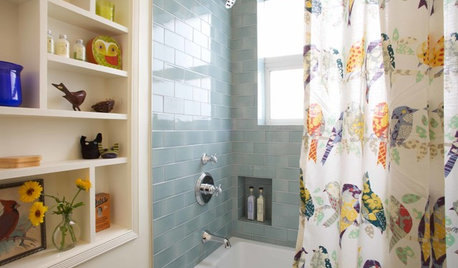
BATHROOM DESIGNRenting? 10 Ways to Spruce Up Your Bathroom
If your rental’s bathroom is blah, don’t give up. Small design moves can make a big difference
Full Story





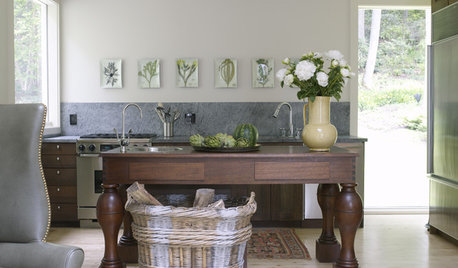


weedyacres
gingerjennyOriginal Author
Related Professionals
Columbus General Contractors · Green Bay General Contractors · Leon Valley General Contractors · Medway General Contractors · Newington General Contractors · Niles General Contractors · Poquoson General Contractors · Rancho Cordova General Contractors · Waimalu General Contractors · Waipahu General Contractors · Winton General Contractors · West New York Home Stagers · Barstow Interior Designers & Decorators · Hercules Interior Designers & Decorators · Linton Hall Interior Designers & Decoratorskirkhall
GreenDesigns
ncrealestateguy
gingerjennyOriginal Author
Abraham_Helms
LuAnn_in_PA
brickeyee
indywar
kabir
oklahomarose
suser123
marie_ndcal
kabir